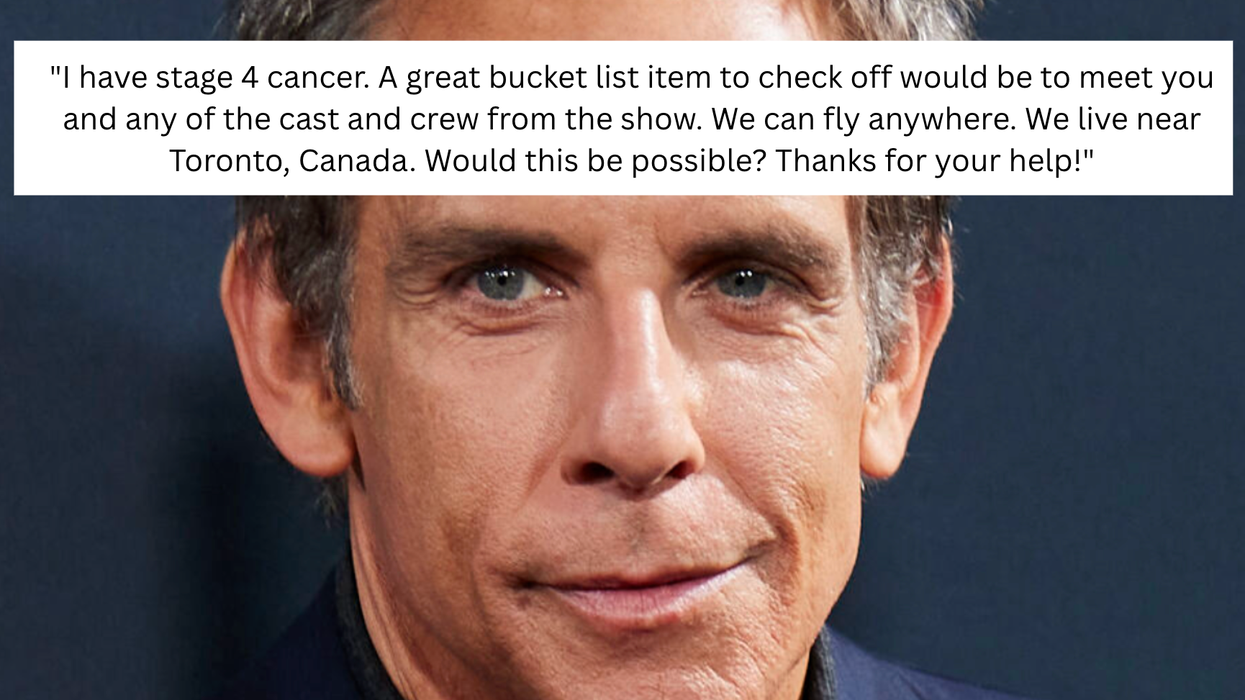With an 8.6 percent unemployment rate and 3.4 million job openings, there's a clear mismatch between the kinds of jobs available and the skills job-seekers actually have. But who is responsible for bridging the gap for college graduates: schools or employers?
It turns out that businesses are divided over whether college should be about practical skills for specific industries or broader ones, like critical thinking and writing. According to a new survey commissioned by the Accrediting Council for Independent Colleges and Schools, which polled more than 1,000 employers, 45 percent of hiring managers "believe that most students would be better served by an education that specifically prepares them for the workplace." Meanwhile, 54 percent of hiring managers say that finding applicants "with the necessary skill and knowledge set is difficult."
Indeed, considering the strong job growth projected in science, technology, engineering, and math fields over the next decade, too few students are majoring in those subjects. To fix this imbalance, some business leaders and politicians believe that liberal arts majors should go the way of the dinosaur. They advocate making higher education a practical, trade school-like experience that would funnel students into specific majors and spit out graduates ready for the workforce.
But despite the employment skills gap and constant criticism of liberal arts majors, the majority of hiring managers surveyed—55 percent—still support "a broad-based education" that enables students to "choose their best career path." And 54 percent of respondents agreed that colleges are doing a good job preparing students for the workforce.
In an ideal world, employers and colleges would work together to ensure college students are learning both industry-specific skills—whether through internships or apprenticeships—while also ensuring that they acquire solid foundational skills. Colleges can't expected to do everything; whatever practical skills a student picks up are going to need updating eventually. Lifelong learning exists because industries change. Just ask any computer programmer who learned BASIC in the 1980s how that translates to today's world.
Photo via (cc) Flickr user Parker Michael Knight
















 Otis knew before they did.
Otis knew before they did.